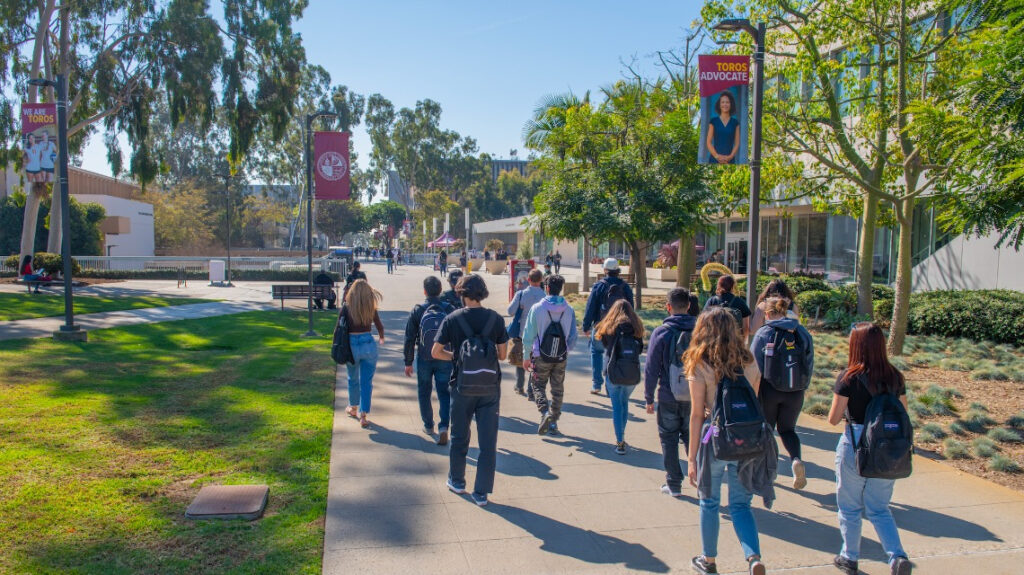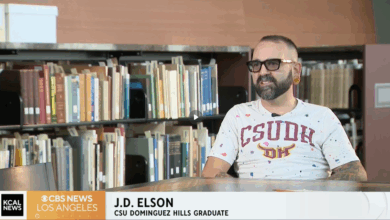
Source: Forbes (Paywall)
College is an investment, and one more and more Americans are leery of. Most now say a college degree isn’t worth taking on student debt. A new Gallup poll finds a third of Americans—triple the number of a decade ago—have little to no confidence in higher education, with costs (along with politics) underlying this growing disenchantment.
So here’s the good news: There are lots of schools on Forbes‘ America’s Top Colleges list that actually produce an excellent return on investment. This is about more than just the sticker price. Go to a cheap school that produces lousy job prospects and taking on even a few thousand in debt (plus the lost time you spent studying) may not be worth it. Pick an “expensive” school that reduces the net cost with generous aid and catapults its graduates into lucrative careers and your investment could pay off, big-time.
To determine which of Forbes‘ top 500 colleges offer the best return on investment (ROI), we looked at each school’s price-to-earnings premium, a calculation by the think tank Third Way that shows the number of years it takes graduates to recoup the net cost of their education. We also factored in the schools’ debt-to-percent-borrowed index, a figure that Forbes created for the top 500 colleges list that takes into account how many students take on debt to attend the school, and how much debt those graduates leave with.
Combined, these measures gave us 25 schools that offer a low-debt education and promise high earnings potential. In other words, a high average ROI. Some of them come as no surprise—science and technology heavy-hitters Stanford University and Massachusetts Institute of Technology, for example, both offer their students stellar ROIs. Others, like the nine City University of New York (CUNY) schools on this list, are less well known, particularly outside of New York.
California State University, Dominguez Hills
California State University, Dominguez Hills in Carson, California enrolls around 12,000 undergraduates. After walking away with their degree, graduates need about 10 months to recoup their net cost, and low-income students specifically take about eight months. One in five students borrow money to attend the university, with an average federal loan balance of $11,902. Popular majors at the state university include business administration, psychology and criminal justice.








